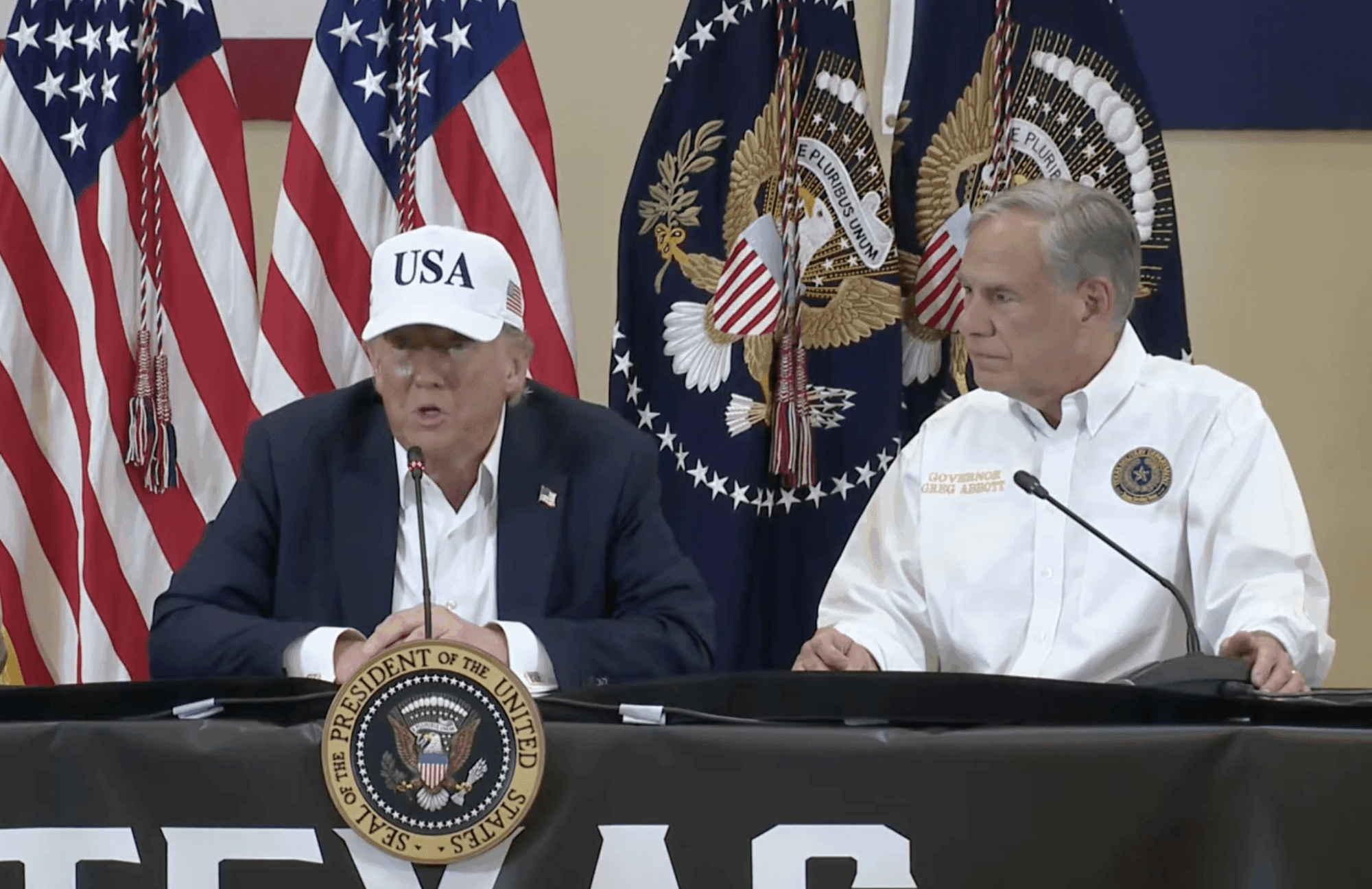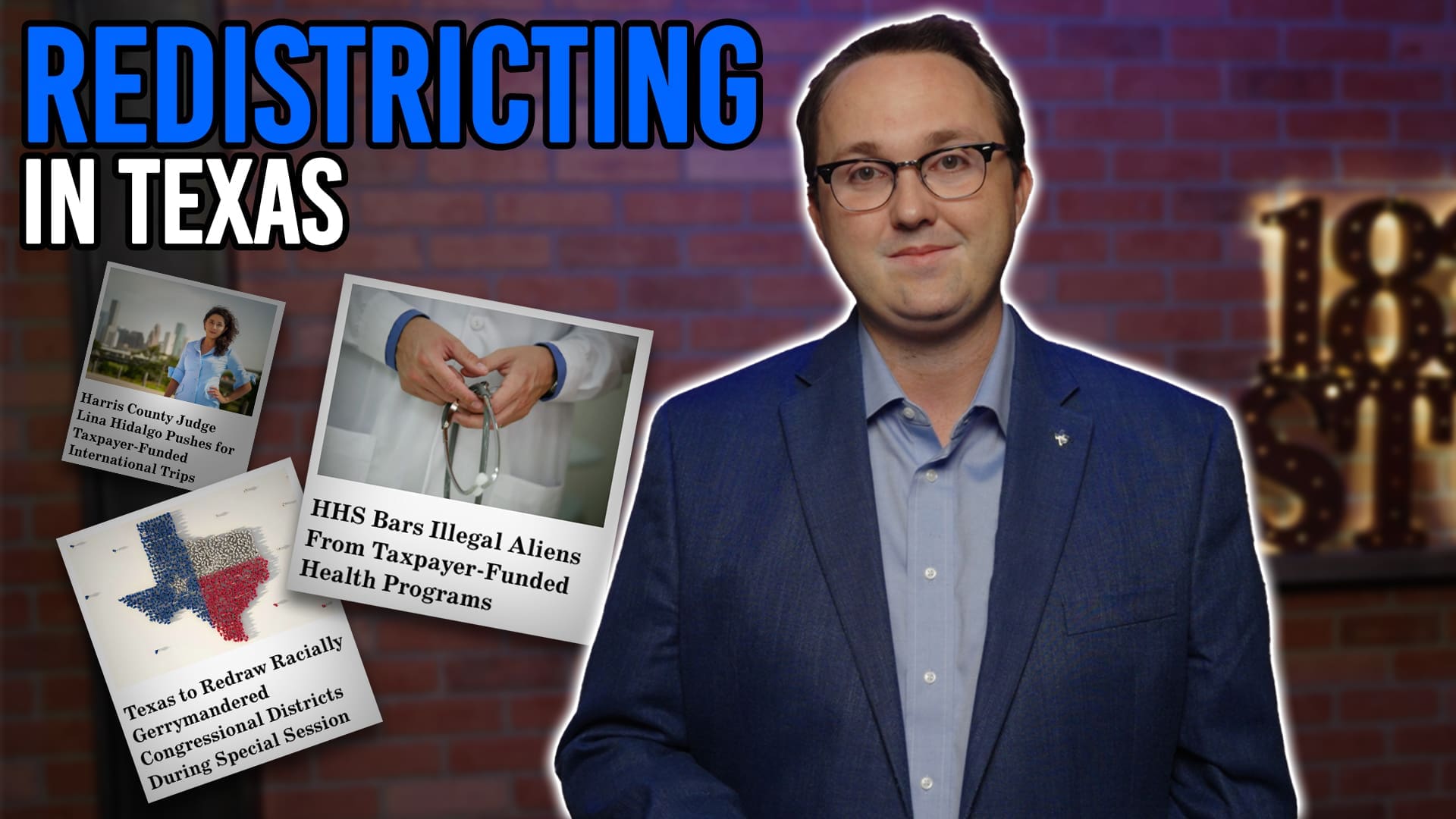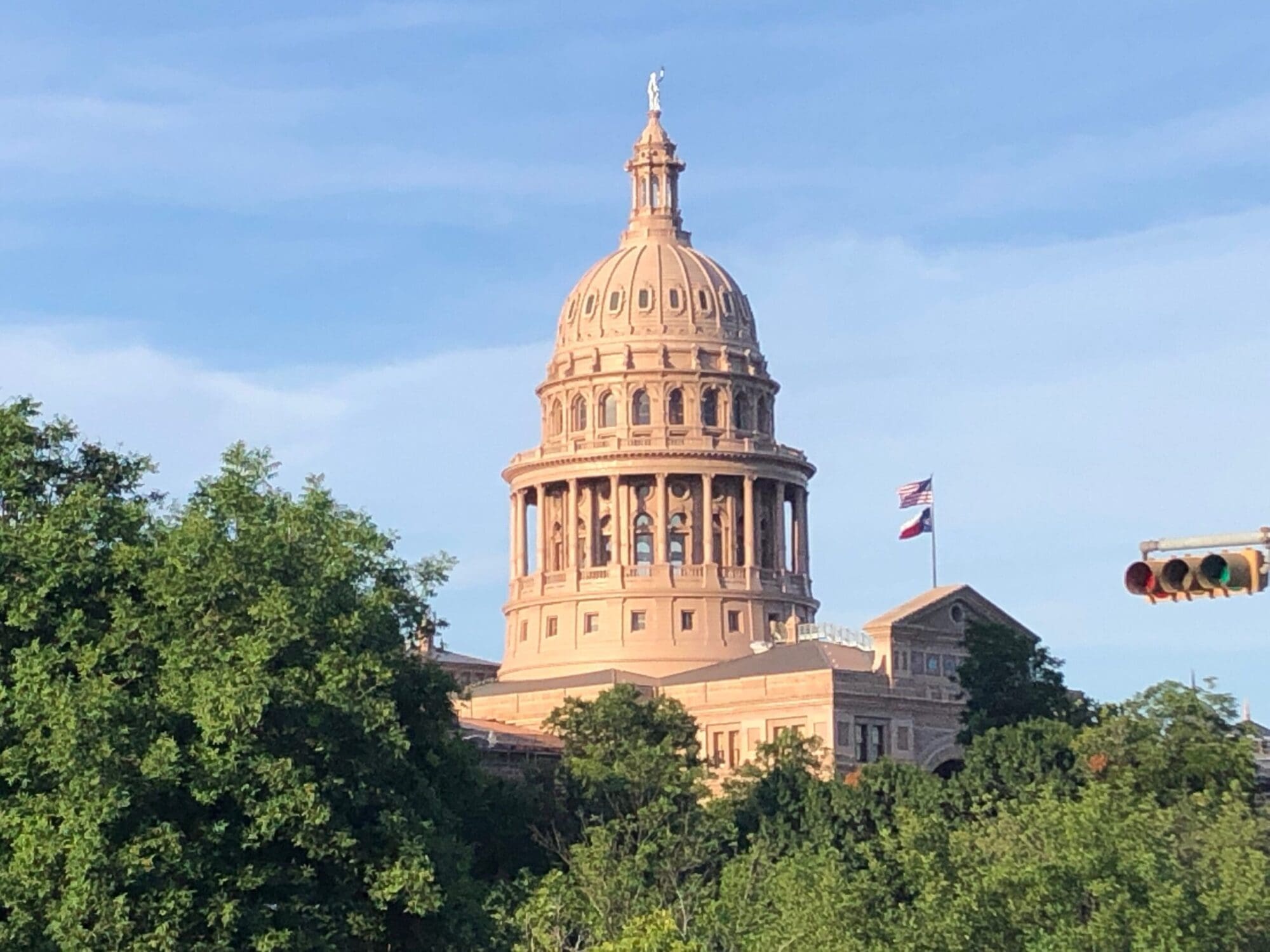When politicos talk about religious voting demographics in America, they often focus on the “evangelicals” that dominate the electoral majority in the Bible Belt of the American South.
This religious group has become a major factor that can tip the scales in favor of either party. Recently, however, evangelicals have voted overwhelmingly for the Republican party, proving to be a significant entity that conservatives rely on to win office.
Yet there is another religious demographic with the potential to have a massive political influence but tends to go relatively unnoticed: Roman Catholics.
American Catholics, who account for over 20 percent of the country’s population, have long been a hidden voting block that has yet to be exploited by either party. This is due largely to the fact that the Catholic vote remains split, with neither party being able to win the demographic by more than a few percentage points in each of the three most recent presidential elections (Obama won the Catholic vote in 2008 and 2012, but Trump carried in 2016).
The fact that Catholics, whose faith appears to have a unified message, are so divided politically is confusing to some. Liberal Catholics use the Church’s call to humanitarianism, human dignity, and equality as a reason to vote Democrat. Conversely, conservative Catholics cite the Church’s strong opposition to issues like abortion, same-sex marriage, and communism as their reasoning for supporting the GOP. The dichotomy, even within a singular religion, is staggering.
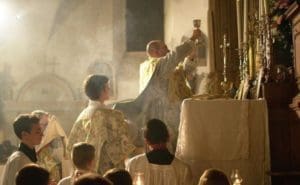
Despite internal divisions, observant traditional Catholics who attend the Traditional Latin Mass overwhelmingly vote conservative
Another alarming disparity is the connection between the purported “religiosity” of Catholics and their political leanings. Studies have found that more lax Catholics, those who do not regularly attend church or openly question and reject Church teachings, vote overwhelmingly Democrat. Those with a more active faith life and who subscribe wholly to the teachings of the Church, such as opposition to contraception and transubstantiation (the true presence of Christ in the Eucharist), skew Republican. These “observant” Catholics have even been known to identify as conservative in higher numbers than “mainline” protestants.
Likewise, those affiliated with traditional Catholicism and communities that offer the Traditional Latin Mass have been found to not only believe more fervently in Church teaching but, in a political sense, they overwhelmingly support conservatives and the Republican party.
So what are the political implications of this phenomenon?
Due to sheer numbers, organizational infrastructure, and involvement in communities around the country, the Catholic demographic has the potential to be a major factor in national elections—contingent on its ability to unite around a candidate. Perhaps if the Catholic vote did not have a reputation for easily splitting during elections, political operatives would be taking it more seriously.
However, recent trends in politics might be shaking up the status quo on the Catholic vote, namely the growing disdain for organized religion, especially Christianity, that is growing among the far-left cohorts of the Democrat Party. The party that once nominated John F. Kennedy, the nation’s only Catholic president, is now routinely pushing overtly anti-Catholic legislation.
One only has to look into the very recent past to remember the Obama administration’s spat on contraception with the Little Sisters of the Poor. Leftist organizations like Planned Parenthood have targeted Catholic beliefs, with chants such as “get your rosaries off my ovaries” echoing at many pro-abortion rallies across the country.

Catholic ministries such as the Little Sisters of the Poor have been direct targets of anti-Catholic policies pushed by Democrats (AP Photo/Brennan Linsley, File)
Democrats have even begun promoting legislation that egregiously violates revered Catholic tradition, most recently exposed in California’s recent bill requiring Catholic priests to violate the seal of confession—one of the most sacred and protected values of the Church.
As the left’s nonverbal—yet obvious—opposition to Catholicism grows, Republicans should see an opportunity to be the first to lean into this large voting demographic. The way to do so is actually quite straightforward—promote those enumerable values that Catholics and conservatives share. Become, unapologetically, the party of traditional morality and overtly promote traditional family values. Stand up and fight for the sanctity of life. Be bold in calling out degeneracy, be brave in standing up against modernism’s corrosive nature. Promote community engagement and classical education.
Even issues on which Catholics seem to skew left, like immigration, conservatives have an opportunity to demonstrate how opposition to illegal migration leads to policies that will protect people from atrocities like human trafficking, sex trafficking, and drug trafficking. These are quintessential Catholic staples, as well as genuine conservatives.
Further, most Hispanic voters identify as Catholic, so perhaps the unity of the Catholic vote behind a single party could also present a racial upheaval in which Latinos who historically voted Democrat, yet maintain Catholic views, may switch parties.
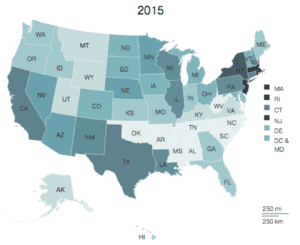
Population density of Catholics across the United States (Source: National Geographic)
Such a demographic shift would prove auspicious for conservatives in many states, including Texas, Arizona, and California.
Yet as it remains now, the Catholic vote is still divided; the 2020 election is just around the corner, and it seems this trend will continue—at least for the time being. However, as the left continues its march towards radical progressivism and opposition to Catholic teaching, the status quo will inevitably have to change—and when it does, a more united Catholic vote could prove to be a powerful demographical weapon in American politics.
A shift is inexorable. The only question is: Who, if anybody, will take the advantage?


